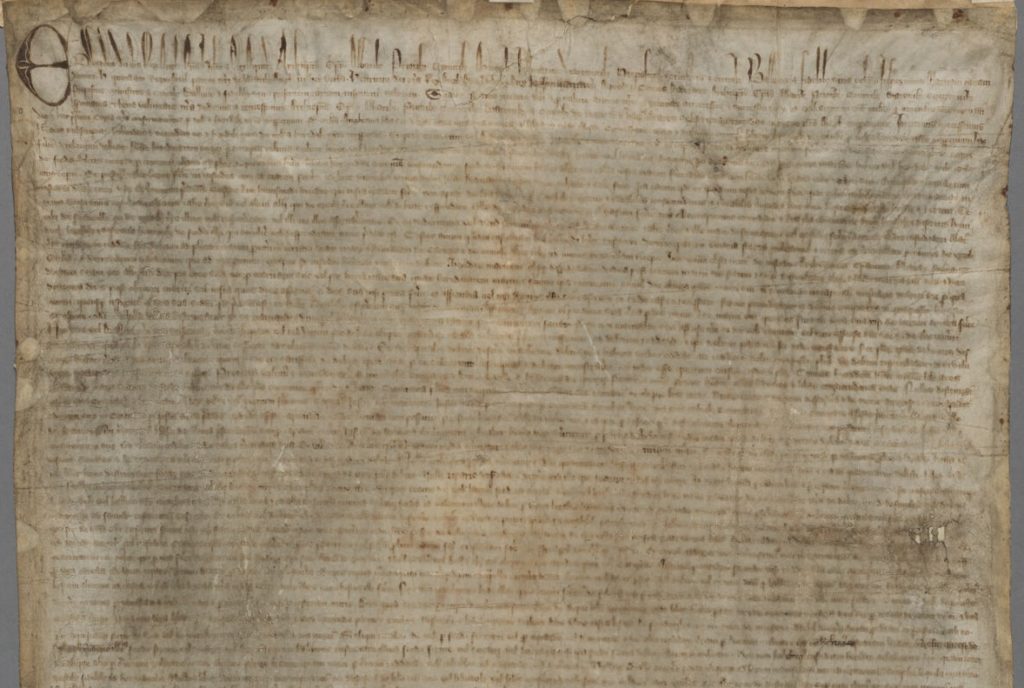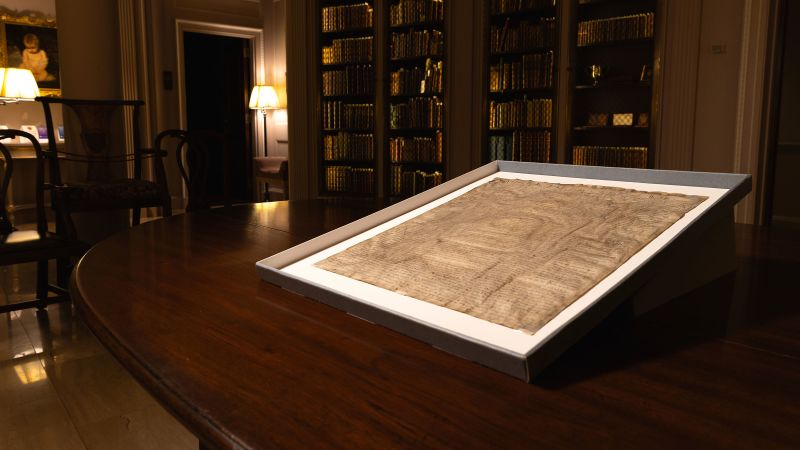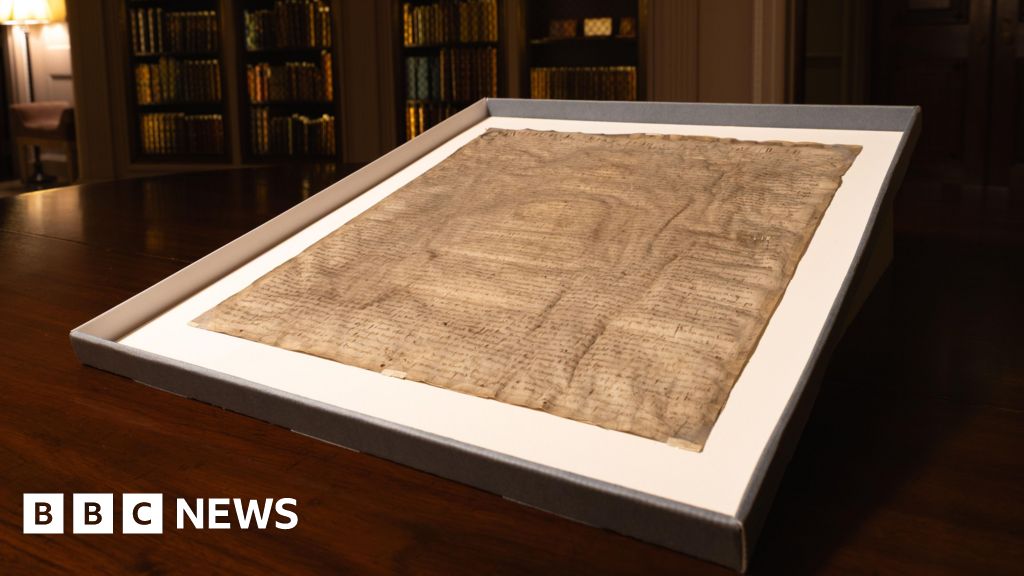Harvard's Hidden Treasure: A Rare 1300 Magna Carta Discovered
Harvard Law School's overlooked document has been identified as a valuable original Magna Carta from 1300, previously mistaken for a later copy.
Subscribe to unlock this story
We really don't like cutting you off, but you've reached your monthly limit. At just $5/month, subscriptions are how we keep this project going. Start your free 7-day trial today!
Get StartedHave an account? Sign in
Overview
Harvard University discovers its long-misidentified Magna Carta is actually a rare original from 1300, valued at millions. Historians David Carpenter and Nicholas Vincent confirmed its authenticity. The document's lineage traced back to a British auction house in 1945, highlighting its historical significance. As a fundamental icon of constitutional law, this document reinforces the principles of individual liberty and governance, especially relevant amid current political discourse regarding institutional autonomy.
Report issue

Read both sides in 5 minutes each day
Analysis
- A Harvard manuscript once thought to be a mere copy of the Magna Carta has been confirmed as a rare original from 1300, signaling a monumental find for historians and scholars.
- The discovery exemplifies the importance of digitization in academia, allowing historical documents to be re-evaluated and appreciated for their true significance.
- This revelation comes at a crucial time for Harvard, as debates around authority and governance on campus echo the themes of individual liberty and law that the Magna Carta represents.
Articles (9)
Center (5)
FAQ
No FAQs available for this story.
History
- This story does not have any previous versions.





